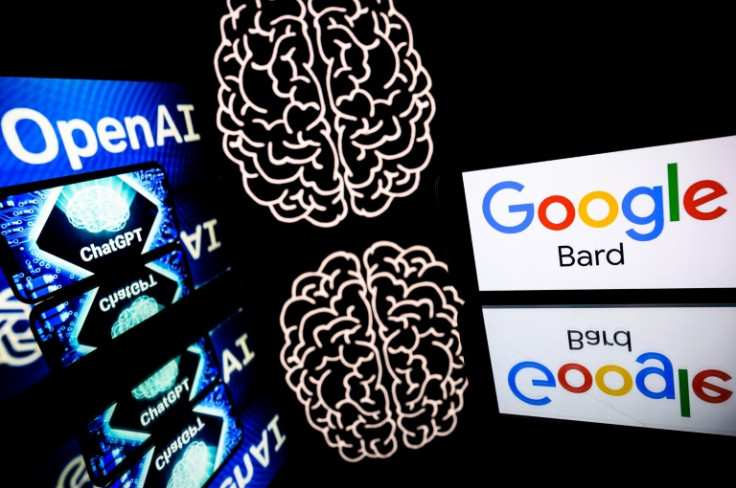India Hosts Global Partnership On AI Summit, Seeks Consensus On Risk Mitigation, Opportunities

KEY POINTS
- India took over the president-ship of Global Partnership on AI in November last year
- The first three summits were hosted by Montreal, Paris and Tokyo
- India will be negotiating with member countries for a consensus-based declaration document on the use of AI
India is set to inaugurate the Global Partnership on Artificial Intelligence (GPAI) Summit 2023, which is expected to see the participation of 28 member countries and the EU.
Hosted in New Delhi, the GPAI summit will be inaugurated by Indian Prime Minister Narendra Modi, and will have discussions, deliberations and collaborations between delegates and dignitaries from Dec. 12 to 14.
The GPAI is a global alliance of 29 members -- Argentina, Australia, Belgium, Brazil, Canada, Czech-Republic Czech, Denmark, France, Germany, India, Ireland, Israel, Italy, Japan, South Korea, Mexico, the Netherlands, New Zealand, Poland, Senegal, Serbia, Singapore, Slovenia, Spain, Sweden, Turkey, United Kingdom, United States, and the European Union.
The aim of the initiative is to "bridge the gap between theory and practice on AI by supporting cutting-edge research and applied activities on AI-related priorities."
Montreal, Paris and Tokyo hosted the first three GPAI summits before India took over the president-ship in November last year.
India's minister for electronics and information technology, Ashwini Vaishnaw, said the country was chosen as the Chair of GPAI 2023 by a two-thirds majority vote at last year's summit, hosted by Tokyo.
The minister said India will work with members of GPAI to figure out ways to use AI for the betterment of sustainable agriculture and for collaboration, especially in the areas of digital public infrastructure.
India, one of the founding members of GPAI in 2020, will also be negotiating with the member countries in order to come to a consensus-based declaration document for the proper use of AI, AI opportunities, risk mitigation and the overall treatment of the technology, Vaishnaw added.
"Today, the world's thinking on artificial intelligence (AI) is converging. People understand the dangers of AI, the potential, and the benefits that could come out of AI. The entire world also wants to put certain guardrails. There is more or less convergence on how AI should be treated going forward. So, we will be aiming at a statement that is agreed upon by everybody," the minister said at the curtain raiser media briefing of the GPAI summit.
"The thinking is how do we create a platform, a collaborative structure in which the development of AI, its applications and solutions can be democratized and made available to a much broader spectrum of people," he added.
© Copyright IBTimes 2024. All rights reserved.












